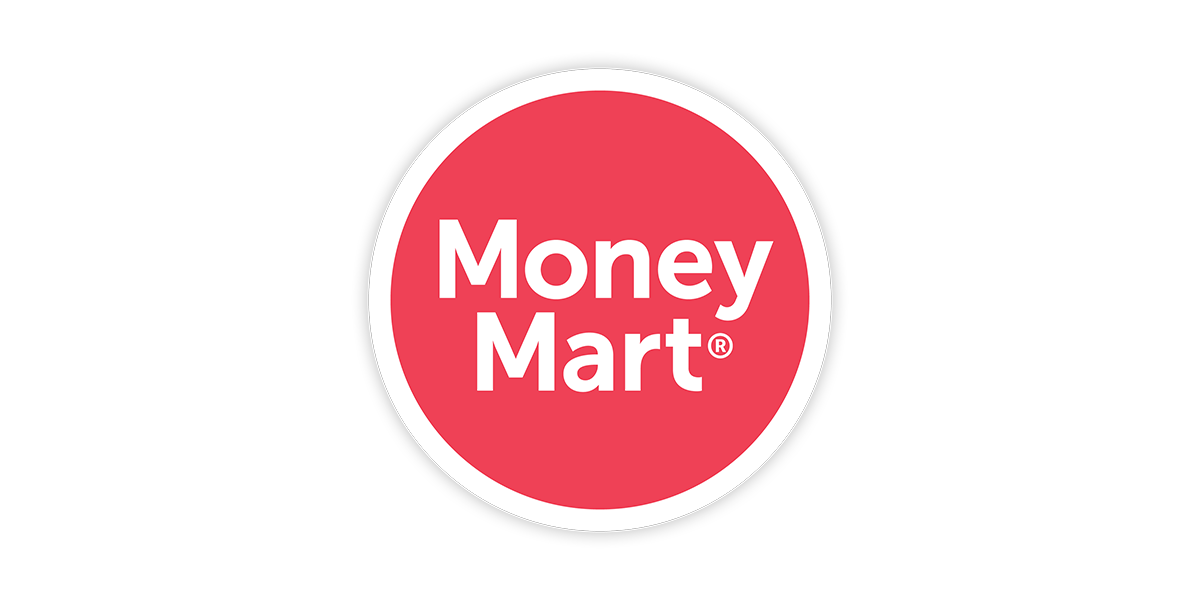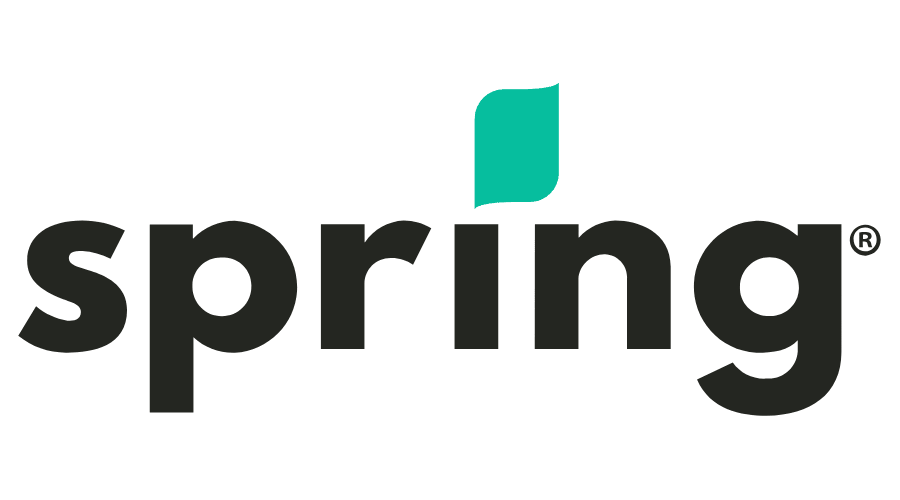When managing your finances, understanding the different types of loans available to you is crucial. Among the most popular and versatile options is the personal loan. Whether you’re looking to consolidate debt, fund a home renovation, or cover unexpected expenses, a personal loan can provide the financial flexibility you need. In this comprehensive guide, we’ll explore what a personal loan is, how it works, the benefits and drawbacks, the different types available, and what you should consider before applying.
Understanding Personal Loans
Definition of a Personal Loan
A personal loan is a type of unsecured loan offered by banks, credit unions, and online lenders that can be used for various purposes. Unlike secured loans, such as mortgages or auto loans, personal loans do not require collateral. This means that you don’t have to put up an asset like your home or car to secure the loan. Instead, the lender assesses your creditworthiness and ability to repay based on factors like your credit score, income, and employment history.
How Personal Loans Work
When you apply for a personal loan, the lender will review your financial information to determine whether you qualify and, if so, what interest rate and loan terms you’ll receive. If approved, you’ll receive the loan amount in a lump sum, which you’ll then repay in fixed monthly installments over a specified period, typically ranging from one to five years.
The interest rate on a personal loan can be either fixed or variable. A fixed-rate loan ensures that your interest rate and monthly payments remain the same throughout the loan term, making it easier to budget. On the other hand, a variable-rate loan may have a lower initial interest rate, but it can fluctuate over time, potentially leading to higher payments.
Benefits of Personal Loans
1. Versatility in Usage
One of the biggest advantages of personal loans is their versatility. Unlike loans that are earmarked for specific purposes, such as mortgages or auto loans, personal loans can be used for nearly anything. Common uses include consolidating high-interest debt, covering medical expenses, financing home improvements, or even funding a wedding or vacation.
2. No Collateral Required
Since personal loans are unsecured, you don’t need to put up any collateral to secure the loan. This reduces the risk for borrowers, as they won’t lose an asset like their home or car if they’re unable to make payments. However, because the loan is unsecured, lenders typically charge higher interest rates compared to secured loans.
3. Fixed Monthly Payments
With a personal loan, you’ll enjoy the predictability of fixed monthly payments. This makes it easier to budget and manage your finances, as you’ll know exactly how much you need to pay each month and when your loan will be fully repaid.
4. Potential to Improve Credit Score
If you make your payments on time and in full, a personal loan can help improve your credit score. This is because a personal loan adds to your credit mix and demonstrates your ability to manage different types of credit responsibly.
Drawbacks of Personal Loans
1. Higher Interest Rates
Since personal loans are unsecured, they often come with higher interest rates than secured loans. Your credit score plays a significant role in determining your interest rate; borrowers with excellent credit may qualify for lower rates, while those with lower credit scores might face higher rates or even struggle to get approved.
2. Impact on Credit Score
While timely payments can improve your credit score, missing payments or defaulting on a personal loan can have the opposite effect. Late payments are reported to credit bureaus and can negatively impact your credit score, making it harder to qualify for future credit.
3. Fees and Penalties
Personal loans may come with various fees, including origination fees, prepayment penalties, and late fees. It’s important to read the loan agreement carefully and understand all the costs associated with the loan before signing.
Types of Personal Loans
1. Debt Consolidation Loans
A debt consolidation loan is a type of personal loan specifically designed to help you pay off multiple debts. By consolidating your debts into one loan, you can simplify your finances with a single monthly payment and potentially secure a lower interest rate.
2. Co-Signed Loans
If your credit score isn’t strong enough to qualify for a personal loan on your own, you might consider applying with a co-signer. A co-signer with good credit can help you secure the loan, but they’ll also be responsible for repayment if you’re unable to make the payments.
3. Secured Personal Loans
While most personal loans are unsecured, some lenders offer secured personal loans, which require collateral. In exchange for the collateral, you might receive a lower interest rate or be able to borrow a larger amount.
4. Variable-Rate Loans
A variable-rate personal loan has an interest rate that can change over time. These loans often start with a lower interest rate compared to fixed-rate loans, but there’s a risk that the rate—and your monthly payments—could increase.



